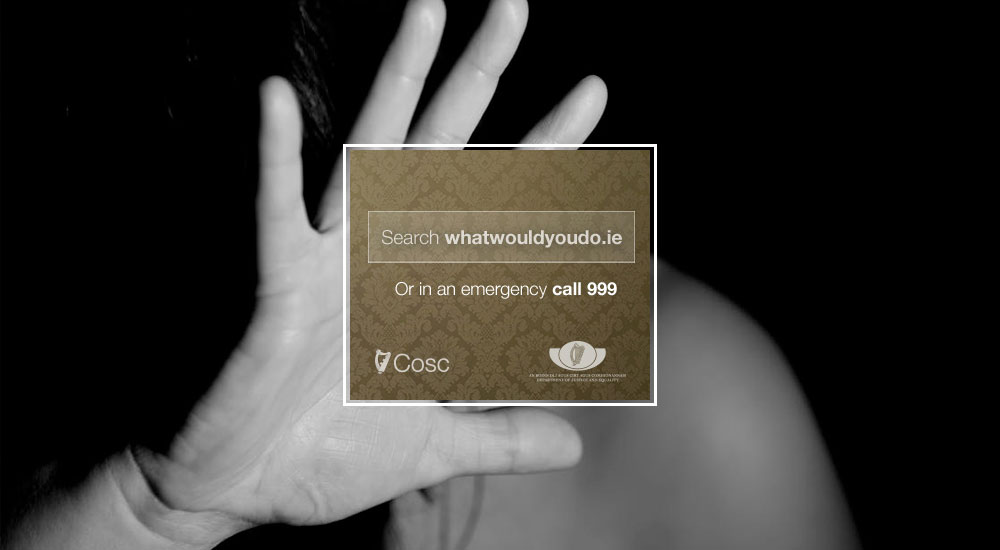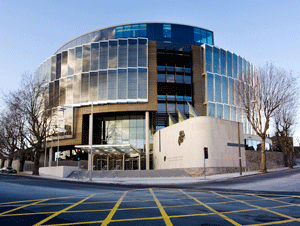The topic of people who engage in abusive behaviour in an intimate relationship was the centre of November 2017’s National Awareness Campaign ‘What Would You Do?’. On that topic, KCLR Live spoke to Sean Scanlan from MEND, and you can listen back below.
People who engage in abusive behaviour in an intimate relationship
We know that 213,000 women and 88,000 men in Ireland have been severely abused by a partner at some point in their lives. For every one of those victims of domestic abuse, there is someone who is perpetrating that abuse. Either their husband, wife, boyfriend or girlfriend or someone with whom they had a previous relationship. Someone who is supposed to love and care for them, not someone who is supposed to abuse them.
People who engage in such behaviour come from all social classes, all ethnic groups and cultures and from all educational backgrounds. The behaviour in which they engage can be described as the use of physical or emotional force or the threat of physical force, including sexual violence in close adult relationships, in order to control the victim.
Their behaviour affects the physical, emotional, social and financial wellbeing of their victims and their families. Their behaviour is rarely an isolated, individual event, but rather a pattern of repeated abusive and controlling behaviours that take place within an intimate or family-type relationship and may even continue after the relationship has ended.
Whilst it is now recognised that domestic violence covers abuse across genders, regardless of age, ethnicity or sexuality, it is also broadly accepted that men are more likely to be perpetrators of violence and that women tend to suffer more frequent and severe physical assaults over a longer period of time1.
Perpetrators are held to account through the criminal justice system and through orders granted in the civil justice system. Access to the Courts is being made easier for victims under the Domestic Violence Bill 2017, currently before the Oireachtas. It is expected that this legislation will be enacted before the end of 2017.
What to do if you are concerned about someone you care about engaging in abusive behaviour
If you suspect that someone you know may be committing acts of domestic violence, turning a blind eye is not acceptable. Finding a supportive way to get involved may seem overwhelming. It is ok to be scared, repulsed or afraid that we misinterpreted the situation. But it is not ok to do nothing. If we do nothing, we leave another victim behind.
How you can offer a supportive way to get involved will depend on your relationship to those in the situation. Previous months briefing packs have provided information on how concerned people can offer help and support to victims of domestic violence and children who are witnessing, and experiencing, domestic violence. This brief will focus on how to intervene with someone you know, and you care about, if you suspect they are abusing their partner/ex-partner.
If you are concerned about someone’s abusive behaviour and there is an immediate threat of serious injury to someone, you should inform the Gardaí immediately.
For more information, visit whatwouldyoudo.ie.









